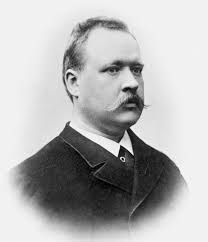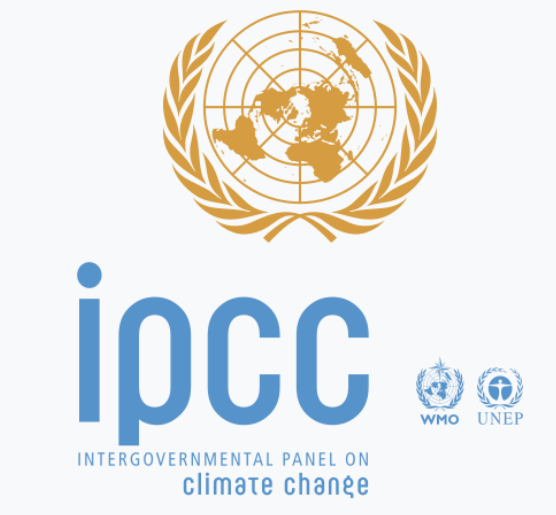Who Are the Scientists Doing Arctic Research?
Before we look at the science behind climate change, let's get some context of "who" is doing the science, and "how".
While this is an introductory online course with the goal of providing Nunavummiut with a foundation of knowledge of the issue, we will not be teaching you the university level of physics, biology, earth and atmospheric sciences, or any depth of chemistry. Instead, we will review the "must know" terms, concepts and ideas behind the science, scientific methods and people involved in the science in our special place: The Arctic and Canada's North.
From university professors to Inuit Elders, the tools and techniques to recollect baseline information, to gathering data, analysis and predictions from models and field work, all combines to help inform the best science can provide for all governments and communities for policy making and action.
As you learned in Module 2, some of the key stakeholders were introduced who help shape the policy commitments under the 2015 Paris Agreement and Canada's Climate Action Plan, as well as at home in Nunavut. However, there is one group that we saved until this module, that is an integral stakeholder: the scientists.
Svante Arrhenius
While not readily a household name, climate science can actually be traced back to the 1800's with the research conducted by Svante Arrhenius in the field of physical chemistry. Arrhenius was a Swedish physicist, but was often referred to as a chemist. He was the first to use basic principles of physical chemistry to estimate the extent to which increases in atmospheric carbon dioxide are responsible for the Earth's increasing surface temperature. Arrhenius received the Nobel Prize for Chemistry in 1903, and later became director of the Nobel Institute, where he remained until his death in 1927. It was later that David Keeling demonstrated that human-caused carbon dioxide emissions are large enough to cause global warming.
And the rest, as they say, is current climate change science.
What is the Intergovernmental Panel on Climate Change (IPCC)?
The IPCC was formed in 1988 by the world meteorological organization and the United Nations Environmental Program. Over 198 governments from around the world wanted to learn more about the state of the climate, and its human origins. The IPCC is a collection of all of the cutting edge research on climate change, and is dedicated to providing the world with objective, scientific information relevant to understanding the scientific basis of the risk of human-induced climate change; its natural, political and economic impacts and risks, and possible mitigation response options and adaptation needs for countries.

The first report of the IPCC came out in 1990, and each report contributes to the work of the UNFCC. The 5th Assessment Report was a critical scientific basis for the Paris Agreement in 2015, and for the development of emission targets.
Since the first reports, the level of detail and scope of the reports on climate change have increased dramatically. There is more and more compelling evidence that human actions are driving climate change. The IPCC's purpose is to help inform policy makers and how to deal with climate change.
While the IPCC does not commission research, it allows the 250 scientists through the appropriate scientific methodologies, peer-review processes and publications (though Dr. Paul Wadham, a highly respected Arctic Region climate scientist for over 40 years from Cambridge University) has criticized the fact that scientific article publications in journals takes approximately 2 years, so the data is already old when the science is being included and reviewed for IPCC reporting.
The IPCC is a substantial stakeholder, representing the collaboration of the best climate science minds, to the development of global and national policy. This is evidenced by the fact that the IPCC and Al Gore shared the 2007 Nobel Peace Prize for their work on climate change.
As the IPCC through the Paris Agreement confirmed that global warming needs to be limited to below 2oC, all parties confirmed they will do their best to keep warming below 1.5oC. However, the research shows that may be difficult to achieve, and according to German and Australian estimates, will cost $1.7 trillion dollars globally per year to achieve.
To learn more about the science, scientists and the IPCC, see the
United Nations on Climate Change website.

Copyright © All Rights Reserved

